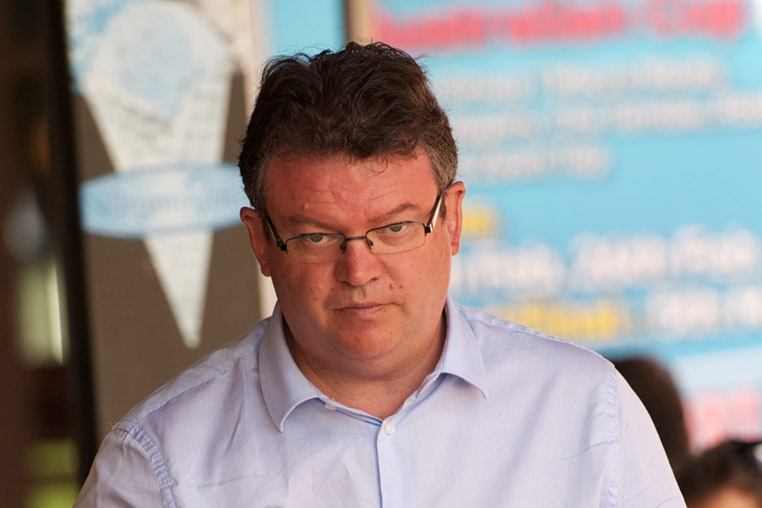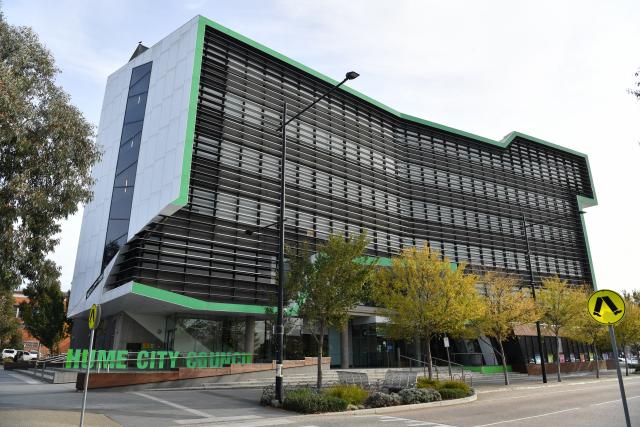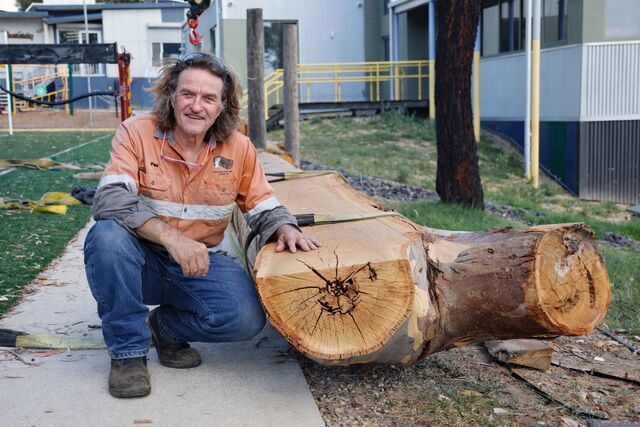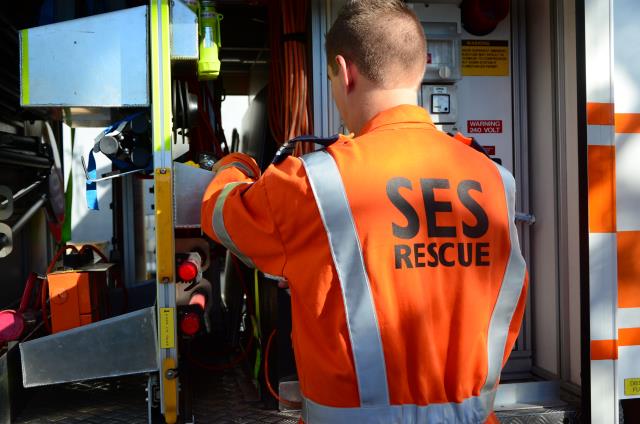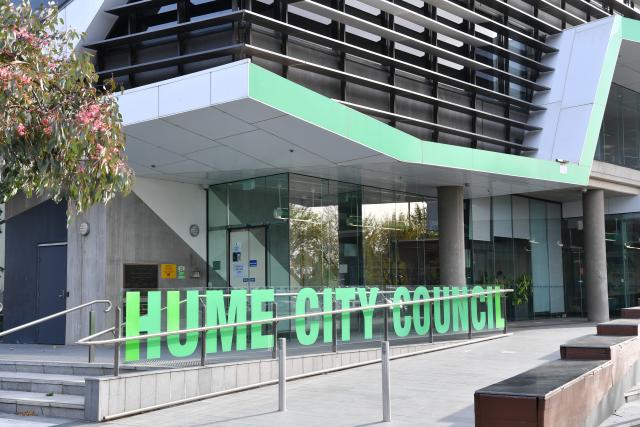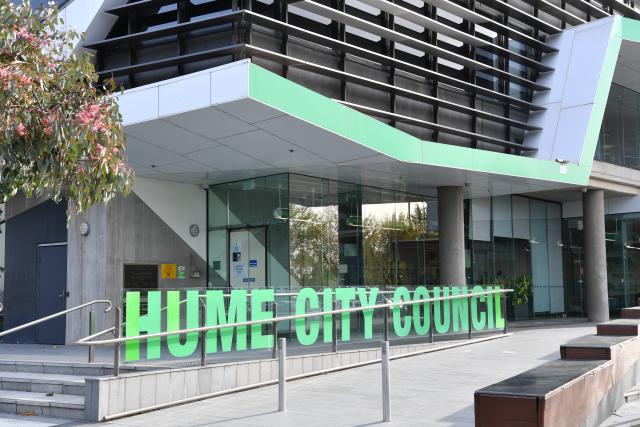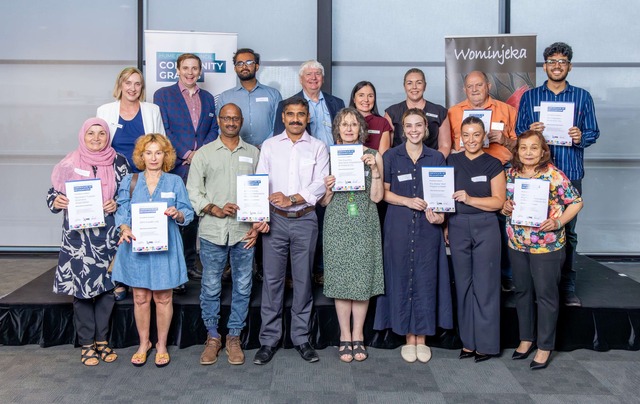Broadmeadows MP Frank McGuire has questioned a national report that singled out the suburb as being one of the most disadvantaged in the state.
Jesuit Social Services and Catholic Social Services’ report Dropping off the Edge 2015 found that a small number of suburbs experienced a web of disadvantage that made it impossible for residents to break out of poverty.
Broadmeadows was listed as one of six of the most severely disadvantaged postcodes in Victoria. The findings were emphasised when compared with previous studies undertaken in 2007, 2004 and 1999, revealing the suburb’s entrenched disadvantage.
Coolaroo, Campbellfield, Lalor and Thomastown were also ranked in the “disadvantaged group”.
The study used 22 indicators to measure wellbeing, health, community safety and education.
It found that disadvantage was concentrated into a small number of communities where residents were three times more likely to experience long-term unemployment or to have been exposed to child maltreatment,
2.6 times more likely to experience family violence, 2.4 times more likely to be on disability support, and twice as likely to have criminal convictions than the rest of thge population.
But Mr McGuire said the figures did not accurately portray how much the suburb had changed in the past decade.
“The stats don’t actually tell the story,” he said. “The infrastructure we were denied in the past is here.”
He listed the Hume Multiversity, the Age Library and the Broadmeadows Regeneration Project as evidence of a changing of the guard. He did, however, acknowledge the devastating effect the winding down of manufacturing was having on the area.
Whittlesea Community Connections chief executive officer Jemal Ahmet said the inclusion of Lalor and Thomastown on the list of disadvantaged suburbs was no surprise and should be a call to action.
“I’ve been working on community service for 17 years and there’s really been no observable shift in those suburbs – they’re as disadvantaged as they’ve ever been,” he said.
He blamed federal, state and local government “short-termism” in areas such as early childhood education.
“Government’s don’t want to invest in long periods of time – they want things that fit into an election cycle and that’s really not good enough.”
Mr Ahmet said Whittlesea council had shifted its focus to the new residential estates rather than the disadvantage faced by residents in established parts of the municipality.
“If you look at anything the council is doing you’ll see how growth-fixated they are,” he said. “We’re consigning a new generation to a new level of disadvantage just because of where they live.”
Jesuit Social Services and Catholic Social Services’ report Dropping off the Edge 2015.
The report recommended a joint government and community effort to provide opportunities for economic and social participation.

